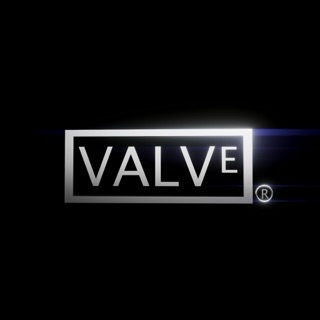Introduction
More than three years ago, I bought my first Apple product at the age of 32. Apple products have always been on my radar since the first iPhone came out. However, I've always thought that Apple products are overpriced, and they are not worth my attention while there are many alternatives out there. I still think so, but I will make my point later on in the article.
So, my first Apple gadget is the 2021 MacBook Pro 16' with 16 GB of unified memory and 512 GB of SSD storage. For the color, I've chosen the silver because it seemed nicer to me over the Space Gray.
The laptop cost $3000 at that time. One reason for the high price was that the machine was pretty new at that time. It came out, like 7 months before I bought it. The second reason is an import tax of 20% in the country I won't name, which is a complete robbery of its citizens.
If you are one of those people who is planning to buy your first MacBook for a programming related job, you are in the right place. Because in this article, I'll go through some interesting topics that I've noticed moving from Ubuntu 20.04 desktop to macOS. And be sure to stick until the end because my answers are not what you expect. I'm not sponsored by anyone; all I'll say is just my opinion.
I will also discuss some pros and cons of buying such an expensive laptop, and my general thoughts about macOS and MacBook Pro. Likewise, I'll touch on the topic of Linux desktop and share thoughts about my previous experience with Linux-powered laptops that I still have.

It's also important to make a distinction between macOS and MacBook. macOS is an operating system, and the MacBook is the laptop (machine) itself. This distinction is important because I'm going to separate disadvantages and advantages between hardware (MacBook) and software (macOS) later in this article.
My Work
At the time of writing this article, I worked as an IT specialist, and in my daily routine I used a lot of PHP, Go, Vue, React and TypeScript. These languages and frameworks don't require a powerful laptop like MacBook Pro, but it's pretty pleasant to have some extra power for the future needs. Especially if you are planning to get into more hardcore stuff like building programming languages and compilers.
Out of work, I do a lot of open-source, pet projects, and writing the blog. The MacBook's keyboard is definitely not the best on the market. My previous machine was better to type on, even though it had a couple of physical defects, which I was annoyed by. I'll explain some of those defects later in the article. As for the keyboard, laptops like the Lenovo ThinkPad certainly have a better keyboard to type on.
First Linux Laptops
The first laptop I had was the Dell Inspiron 3567 with Ubuntu 16.04 preinstalled. I still love this machine to this day, even though it was a budget one. It cost around $400 at that time, but I was fully satisfied with it because my work didn't require any powerful hardware or IPS matrix, which I didn't have in the Inspiron model.

The second laptop was also powered with Ubuntu. Linux was one of the requirements for choosing a future laptop, even though I could just buy a Windows laptop and replace the operating system with Linux. But still, I've picked the Dell Vostro 5590 because it was powerful enough for my daily job, and it had Ubuntu 18.04 preinstalled, which was nice for me.
With these 2 guys, I could easily complete any task that I needed, even though Inspiron was pretty slow with Yarn and Composer. Still, it was a wonderful experience with each of them. I haven't had as much satisfaction with the MacBook Pro as I had with my first laptop. Not because they are better, but because they were first. It's like your first kiss; it might not be the best one, but the most memorable.
Transition to macOS
Transition from one operating system to another mostly depends on the person itself. Some people just adapt quicker to software than others. It greatly depends on your technical skills and how confident you are in navigating around the software of your current operating system.
In general, moving from Ubuntu to macOS is pretty easy and smooth; there are no major problems that I would face. The most difficult thing was to get used to different keys and keybinds. On Apple laptops, we have Option and Command keys that are not present on Linux-powered laptops, and as soon as you start using a MacBook, you'll make mistakes all the time until you get used to it.
The most annoying one was to get used to Command c and Command v to copy and paste stuff. It took around 4 days to get used to that; not a big deal. I'm sure you can set copy and paste key bindings the same way as we have them on Linux and Windows, but I wanted to embrace the macOS workflow and get the same experience the most people get.
Everything else was mostly straightforward. All the programs that I had on Ubuntu, I was able to install on macOS. There is even a GIMP photo editor available for Mac that I was using all the time on Linux. It's the best free image-editing tool that I've found so far, but it's super slow when opening it.
Pros and Cons of macOS
I have gathered a comprehensive list of advantages and disadvantages associated with utilizing macOS in comparison to Linux, considering various factors such as user experience, software compatibility, system performance, and overall functionality, to provide a clearer understanding of how these two operating systems stack up against each other in different scenarios and for diverse user needs.
Pros of macOS
There are several features and aspects of macOS that I truly appreciate, as they significantly enhance my productivity and efficiency, making my daily tasks much easier and more streamlined.
1. Quick Actions
The coolest feature of macOS that I find is really nice is “Quick Actions”. You can just right-click on the file and choose things like converting the image from one format to another, removing the background, creating a PDF file from the file, or even rotating. This is my favorite thing that I like about using Mac.

As much as I don't like AI integrated in the operating system, some small features like removing the background from the image is pretty good.
2. Less Buggy than Ubuntu
Another cool thing about macOS is that it less buggy. I don't need to deal with installing drivers and dealing with them. I'm not afraid to install software updates, like I was afraid on moving from Ubuntu 18.04 to 20.04. I don't know about other Linux distros because I don't have experience with them, but Ubuntu was a bit buggy compared to Mac. macOS still has occasional bugs, but it's much less than on Ubuntu.
3. Features Rich
This section might be a disadvantage for some people, but I find that I like when the operating system has a lot to offer. Since plenty of people are supporting macOS with a multiple-billion company behind its back, it's more feature rich. You can especially see it in apps made by Apple. For example, the Finder app, which is a file finder software.

It's very configurable compared to one that you can find in some Linux distros, but it has some weird things that are annoying as well. I'll explain what this annoying thing is in the next section, “Cons of macOS”.
There are no many pros for macOS here because all the advantages are in the laptop itself, not in the OS. Read the next section, “Mac Pros and Cons” as it lists the advantages of having the MacBook machine.
Cons of macOS
While I appreciate the stability and configurability that this operating system offers, I have yet to fully recognize any significant advantages beyond these features. However, there are several aspects that I find quite frustrating and bothersome, which detract from the overall user experience.
1. Minimizing a Window is Frustrating
When you click the orange button in the top-left corner, the window gets minimized. Some people call it “hiding the window.” On macOS, after you minimize the window, you can't restore it using the Command + Tab shortcut that is responsible for switching between working apps. It feels like a basic function that should work, yet it doesn't work on macOS.

2. Cutting Giles is not What You Expect
When you start using macOS, you will notice that there is no “Cut” button when you right-click on a file or directory. To move the file, you need to copy it and paste it by using Option + Command shortcut. It will cut and paste the file.

3. Closing Apps is Strange
If you are using Windows or Linux, you are probably gotten used to closing apps by clicking the X button in the top-right corner. Mac decided to be different, if you close a window, it will close it but not fully. It's weird, I still don't know how it works. I use a shortcut Command + Q, and it actually quits the app.

4. Don't Always Maximize the Window
When you click on the title bar of any window on macOS, it usually makes the window larger, but this isn't true for all windows. For some, it works, while for others, like the File Finder app, it can even make them smaller. The Settings window only expands vertically, which is quite unusual.

5. The Apple Ecosystem is not Stable
When you own multiple Apple devices like an iPad, iPhone, and Mac, you expect seamless integration as advertised, but that’s not always the case. The feature that lets you copy on one device and paste on another doesn’t consistently function. Additionally, connecting your AirPods to your iPad or Mac can take up to 10 seconds. Editing images on your Mac with your iPad and Apple Pencil also fails to work at times.
After 3 years of using the Apple ecosystem, I would rate it at 8 out of 10, which is a good score. But 8 out of 10 means that it works 80% of the time, which is not a great experience. I want this number to be at least 99%.
6. Finder is weird
The Finder app is a file explorer that you might have used on Windows. It allows you to navigate around your files with the convenient preview feature if you hit space on a file.

But many people don't like the finder because it has some annoying things to it. If you like to change the files' scale, you can use a slider in the bottom-right corner, or use a shortcut Command + and Command -. The problem is that it will apply only to the current directory.
The same goes for changing the view of files. When you change it, it will apply only to the current directory. Maybe there is a way to do it for all the directories, but I've tried everything, and it didn't work for me. It shouldn't be that hard.
Another thing that I don't like, is that you cannot open a terminal in the current directory, like you can on most Linux distros. The workaround here is to open a terminal first, and then drag the directory into the terminal, to get the path.
Mac Pros and Cons
Before buying the laptop, I've watched several reviews on YouTube, and some of that information wasn't correct in my opinion. One of the reasons is that we as people are unique and perceive the world differently. Some people on YouTube were complaining about the notch, and some were complaining about the size of the 16.2' model, saying that it's huge and heavy.
So, I was about to buy a 14.2' model based on their complaints. At the very last moment, my brother talked me out of it and said to buy a 16.2' model, and I did, and I don't regret it. The size of the screen is literally perfect enough for me to not reach for the external monitor every single day. I would have regretted the smaller screen size for sure, even though it's more compact and easier to travel with.

The size of the MacBook is almost the same as my previous 15.4' Dell Vostro 5590 laptop, even though it's 0.8 inches (ca. 2 centimeters) smaller. I would have felt myself uncomfortable on the smaller model. If you are moving to a MacBook from a 15.4' laptop, and it was fine for you, buy a 16.2 model.
The other thing that I've heard about the 16-inch model is that it's too heavy. It is 2.18 kilograms (4.8 pounds). I can't say for everyone, but it's neither heavy nor light. I don't feel uncomfortable carrying this thing around. But of course, the 14-inch model is 1.59 kilograms (3.5 pounds) lighter.
If you are planning to carry this device around all the time, the 14-inch model is a perfect fit for you. I would even look for a MacBook Air model because the Air model is perfect for people who are traveling and moving around a lot.
1. M1 Pro chip
A significant advantage of opting for the Apple Silicon model is the M-series chip. While performance is noteworthy, there are other benefits as well. This laptop operates quietly and remains cool, especially when compared to Nvidia or Intel-powered machines. I'm truly impressed by Apple's engineering. The processor delivers solid performance, but it does have some drawbacks. For instance, it can create challenges with Docker, as many Docker images I encountered were incompatible with the ARM architecture at that time. Furthermore, Docker tends to run considerably slower on Mac than on Linux. Therefore, if you depend on Docker for your daily tasks, a Mac may not be the ideal option for you.
2. Build Quality
The build quality is 9/10, but that's what you expect from a laptop for $3000, right? Not really. The MacBook is not the only expensive laptop on the market, yet its design is super pleasant. For comparison, the Dell Vostro 5590 cost me $1100, and its build quality is awful. Not only it has a terrible display, but also lid hinges issues which led me to a choice of buying a new laptop. I wish more companies started to focus on device quality more.
3. The Trackpad is Huge
Almost everyone mentions the trackpad, it's big and comfortable to use. I entirely agree with that. Since I've bought the MacBook, I don't use a mouse anymore. The only time when I would reach for the mouse is when I'm editing images in GIMP photo editor. I'm also one of those geeks that uses VIM and touch typing, and it's just harder for me to reach for the mouse when I have a big trackpad under the home row. I've tried using a mouse for a week, and went back to the trackpad because it's outstanding.
4. The Keyboard
The keyboard is average, nothing special about it. The keys are much bigger than on regular laptops like I had, so it's easier to hit the keys. People who write a lot of text should definitely use an external keyboard. The important thing to say is that for the first 2 years of using a Mac, the keyboard was better. But after 3 years, the keys degraded and feel less sturdy.
After only 2 years of using the MacBook, the keys became polished, it's difficult to see in the photo, but you get an idea:
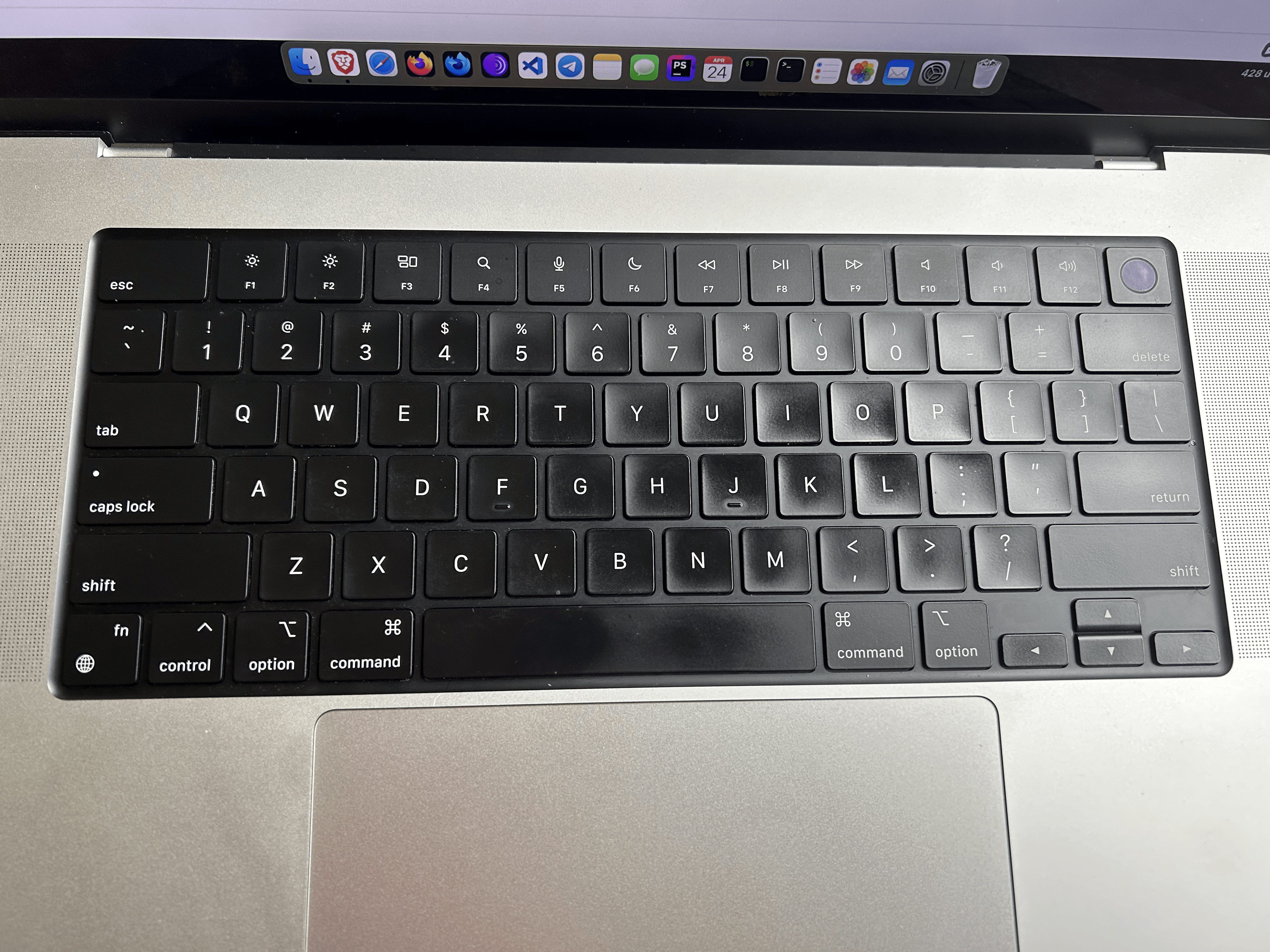
You can especially see it on the space button, and those are not the fat spots. Apple needs to make something with this keyboard to prevent it in the future devices if they want to the best on the market.
5. Battery
The battery is great. I love the fact that you can work for a long time without worrying about the battery life, and even if you need to charge it up, the process is fast compared to what I had on Dell Vostro. I know that the fast charging is probably bad for the battery, so the first year I was charging it with the fast charger. The second year with the iPad charger, which is slower but doesn't hurt the battery eventually.
So far, after 3 years of using MacBook Pro 2021 16', the battery health information looks like this:
Cycle Count: 603
Condition: Normal
Maximum Capacity: 95%Tip. If you are going to use the laptop with the external monitor, make sure that it's charging. When you connect any laptop to the external monitor, the battery drain is increasing, and it will lose charge faster.
Tip. If you use a laptop without the monitor, don't charge it to 100%; try to keep the charge from 30% to 90% to preserve the battery life.
Tip. In the macOS settings on your MacBook, you can enable the option “Low-Power Mode,” which will decrease the performance of your Mac and disable ProMotion, but the battery drain is much slower. ProMotion, in Apple's words, is basically a 120Hz refresh rate. On “Low-Power Mode,” your screen will produce only 60 Hz but save the battery.
Linux is Growing
I'm sure that Linux is a great starting point for new developers to get into a Unix system and get more familiar with the terminal. I'm still a Linux and open-source ecosystem fan. Even though I had some problems with my previous laptops, it had nothing to do with the Linux itself.
The only issue that I didn't like about Ubuntu was the drivers. It was a struggle to make Linux work with the Nvidia GPU in 2018. I'm sure it's a skill issue, but if you decide to switch to Mac, you'll forget about drivers. You will never bother thinking about compatibility issues for certain devices.
But overall, I had a great pleasure working with Linux and still have an urge to go back when I see the latest versions of GNOME and KDE desktop environments.
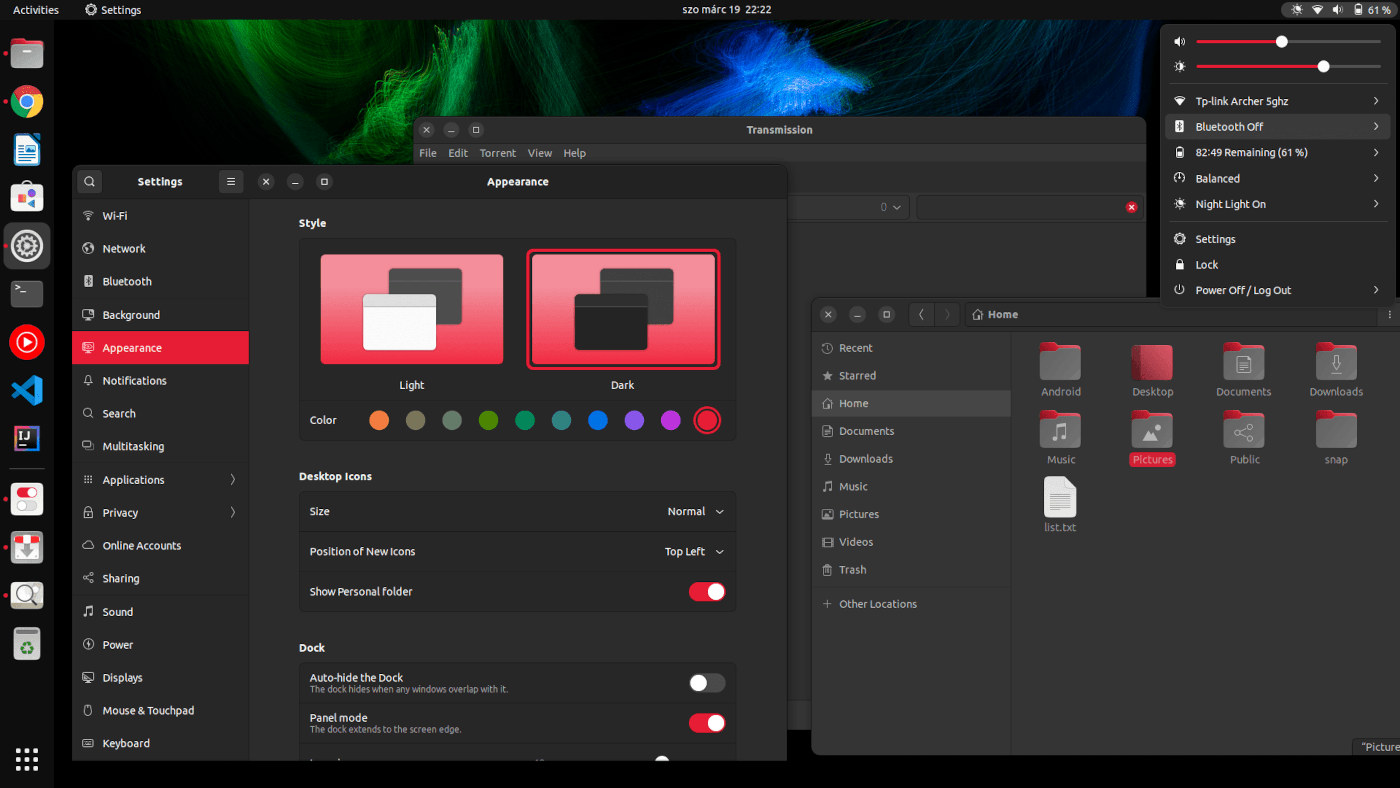
Many individuals may not prefer Linux with GNOME, such as Ubuntu, Debian, and Fedora, but I find GNOME enjoyable even though KDE Plasma is great too. This is something I can't say about macOS. While I appreciate macOS, I don't find it as satisfying because it doesn't adapt to my needs; instead, I have to adjust myself to fit macOS.
Each year, Linux distros become increasingly refined and efficient. It's astonishing that such a powerful operating system is available for free, considering the immense effort that went into its development. And if you're interested in gaming, you're in luck—Linux is evolving to support that as well.
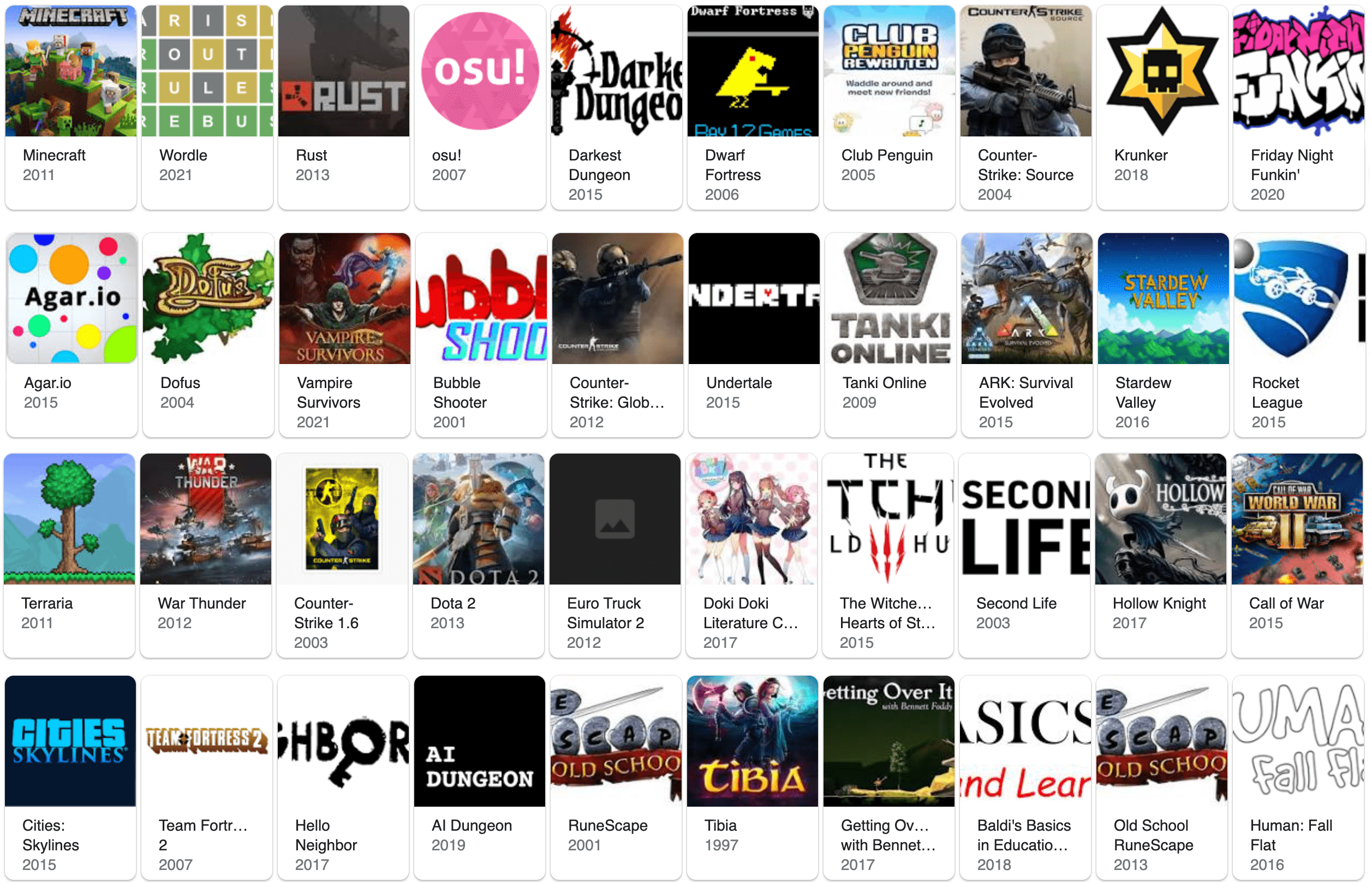
The number of games is still very low compared to Windows, but macOS has a bigger issue than Linux. Many game companies are making announcements that they are not going to ship their latest games to macOS. One of the saddest things for me was Valve announcing that they will not port Counter-Strike 2 to macOS. I wish I had Linux at this point.
As technology advances, we have made the difficult decision to discontinue support for older hardware, including DirectX 9 and 32-bit operating systems. Similarly, we will no longer support macOS. Combined, these represented less than one percent of active CS:GO players.
Moving forward, Counter-Strike 2 will exclusively support 64-bit Windows and Linux.
Valve Corporation
I'm not really into gaming, but Counter-Strike 2 appears incredible, and playing it on macOS without external tools like CrossOver is simply not feasible given Valve's impressive new game engine. I tested it using the CrossOver program, but it was sluggish even on the lowest video settings. I'm so jealous seeing people post their videos on YouTube playing CS2 on their Linux distros without lagging.
Perhaps the fact that Macs don't support many Steam games is a positive aspect. It's clear now that gaming can have negative effects. Macs are designed for those who wish to excel in their professions and not to play games. So, it all depends on what you are looking for.
As for Linux, it will never become the next macOS or Windows, nor should it aim to. There are distributions like Linux Mint that provide a user-friendly desktop experience for those who seek it. With various distributions catering to different needs, you can undoubtedly find one that suits you.
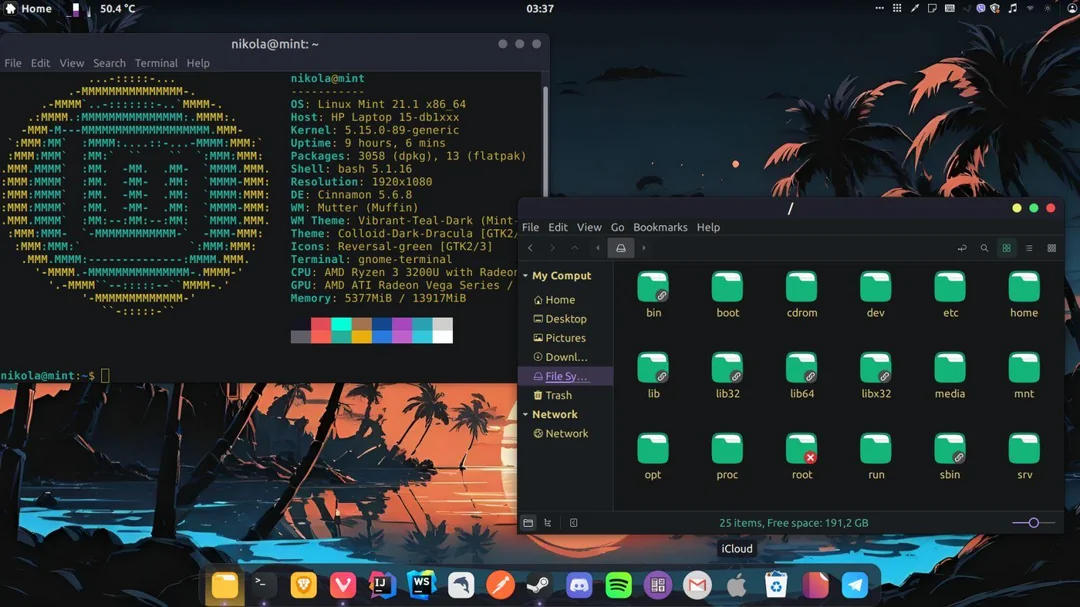
Plus, you can customize Linux distros to the way you want them, whereas Mac doesn't give you that option. It's pretty annoying when you cannot even move the close, minimize, and full-screen buttons to the right of the window because Apple can't figure out how to do this.

Thanks, God, you can move the dock from the bottom position to the left, if that's the type of thing you want, but most of the things you can't customize without hacking into the macOS and disabling the protection layer. Which, in other words, means driving a car without a seatbelt.
Privacy
It is impossible to discuss Linux without addressing privacy, a key area where Linux excels. In light of multiple scandals involving major companies misusing user data without consent, Linux offers a compelling alternative. Distributions such as Ubuntu, Debian, Arch, Mint, Fedora, Kali, and many others are open source, meaning their codebase is publicly accessible and subject to scrutiny by anyone.
Who would you trust more: a stranger or someone whose entire history you know? I wager it's the second person. The same principle applies to operating systems. While Apple doesn't have a poor reputation regarding privacy, I still have reservations because their codebase is not transparent, and I can't see what they are doing in their code.
Given these considerations, it's clear that transparency and openness are critical factors in establishing trust. By opting for an open-source operating system like Linux, users gain the assurance that their privacy is safeguarded through community oversight and accountability. In an era where data privacy is increasingly under threat, the ability to verify and understand the underlying code becomes a significant advantage. This makes Linux not just a viable option, but a preferable one for those who prioritize security and privacy.
Conclusion
In summary, before purchasing a MacBook Pro, I frequently questioned whether investing $3000 in a laptop would lead to regret. My response is "yes". Initially, during the first couple of years, I was quite satisfied and felt no remorse. However, as time has passed, I find more things that I don't like about macOS. But, for a programmer, Mac is a good (not great) choice. Currently, as for the 8th of August, my Mac is looking to be bought because I'm on a new machine running Linux.
Why I Want to Switch Back
My decision to switch back to Linux isn't about specs, shiny interfaces, or corporate-approved 'user experiences.' This is about freedom—raw, unfiltered, and uncompromising. Linux isn't just an OS—it's a rebellion. A middle finger to the idea that you should kneel before some tech overlord's walled garden, begging for permission to own your machine.
Yeah, their cage is comfortable. Plush even. Everything works—as long as you play by their rules and pay for everything. But it's still a cage. Meanwhile, out here? We've got the wild, untamed frontier. Our tools might demand more from us, but they give everything back: control, transparency, and the sheer goddamn thrill of unbounded possibility. No corporate puppet master. No, 'trust us, just sign here.' Just you, the code, and a global army of rebels who'd rather die on their feet than live on their knees.
That's the Linux way. And once you taste that freedom? There's no going back. It doesn't matter how well-built macOS is; using Linux is like a statement. It's like showing a middle finger to all the big tech corporations out there and saying, “Go to hell! I'm not buying it.”
Note. Spoiler Alert! I switched back to Linux. I hope that device I bought is a reliable machine. I put everything into the Moving From macOS back to Linux as a Programmer article, which is already out. You will find out which machine I bought and and my experience after the switch.

Moreover, I'm concerned about the direction Microsoft and Apple are taking. Their focus seems to be on pervasive AI and extensive data collection to market their services and advertisements. While I appreciate the design, aesthetics, and tactile experience of MacBooks—it's enjoyable to hold, open, and type on them—this discussion centers on macOS, which I don't envision using anymore.
Linux distros are great because you decide what features you want, while Apple and Microsoft often add what they think is good for you. This is a major difference. The latest macOS updates have been so boring and unhelpful that I’ve stopped checking their release notes, which I used to do.
It seems like Apple no longer pays attention to what their users need, and it feels like being in a taxi where the driver chooses the destination, even though you are the one paying for the ride. Look at this Image Playground app that they've added:

The quality of the AI-generated image shows perfectly how behind Apple is in terms of AI technologies. Sure, I can delete this app if I don't like it, but it just shows that Apple lost an AI battle with companies like OpenAI and KlingAI, and now it's trying to catch up while neglecting improving their OS.
Okay, enough rambling. It’s hard to say whether you’ll regret getting a MacBook or not—everyone’s needs are different.
Apple Quality
My last experience with Linux was spoiled by a defective Dell laptop, which was Dell’s fault, not Linux’s. I would suggest buying devices only from the official store with the warranty. If you think that Apple doesn't ship products with defects, I can disappoint you. In the middle of 2023, I bought the iPad Mini 6, and after 4 months of using it I got weird screen glitches. It's difficult to see in the photo, but that's the only photo I got:
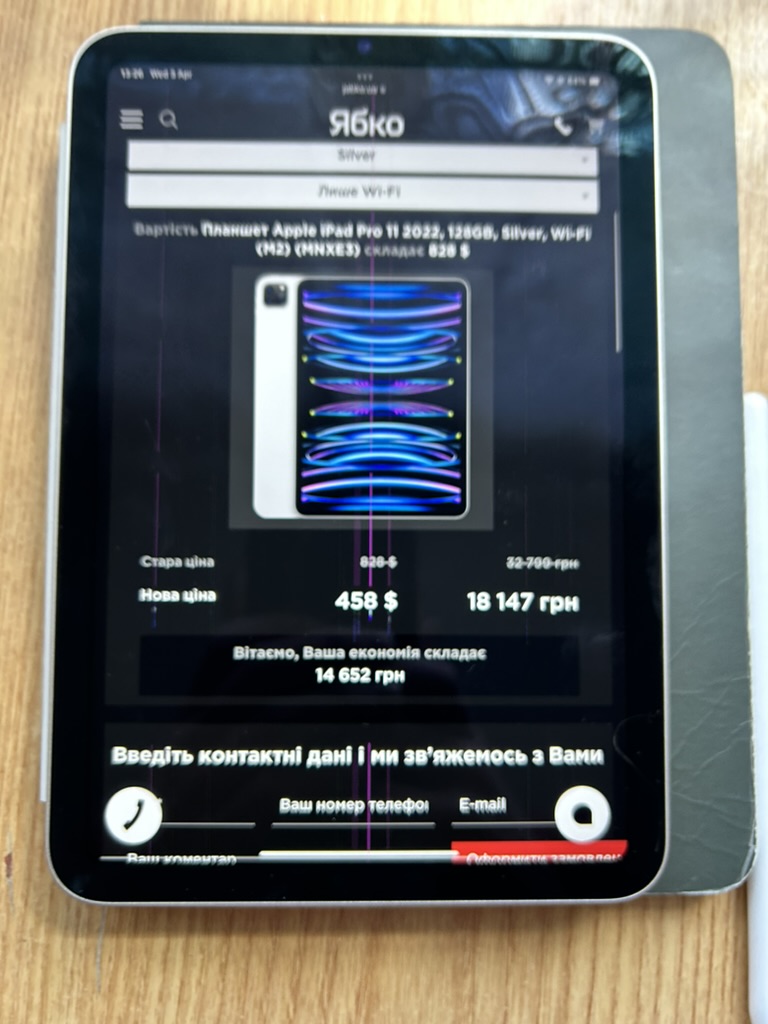
Faint rainbow lines would occasionally flicker across the screen—random, unwelcome glitches in an otherwise premium device. Luckily, I managed to exchange it for a working unit with extra payment. This proves Apple isn't immune to flaws; they ship defective hardware and software bugs just like any other manufacturer.
Final Words
The MacBook improves my work and productivity, just like Linux did before. After three years, I've seen a big performance increase over Intel laptops, but the price of this machine is higher, especially when choosing a MacBook Pro with extra RAM or SSD storage.
The macOS is stable, the build quality is nice, the screen is large and pleasant to look at, the battery life is good, the keyboard is average, and the speakers are loud and clear. There's likely even more to appreciate about the MacBook Pro if you don't care about gaming and privacy.
It's an expensive device with strict software compatibility rules. As a new developer, I might think twice about buying it due to the cost and not being able to configure it the way you want. However, the quality is good, earning 8 points out of 10, while macOS rates a 6 out of 10 in my personal rating after 3 years of everyday usage.
You are welcome to leave a comment below if you need any clarification. I'll respond quickly and add more information to the article if needed.
Keywords: macbook, apple, linux, ubuntu, arch, dhh, valve, cs2, fedora, mint

